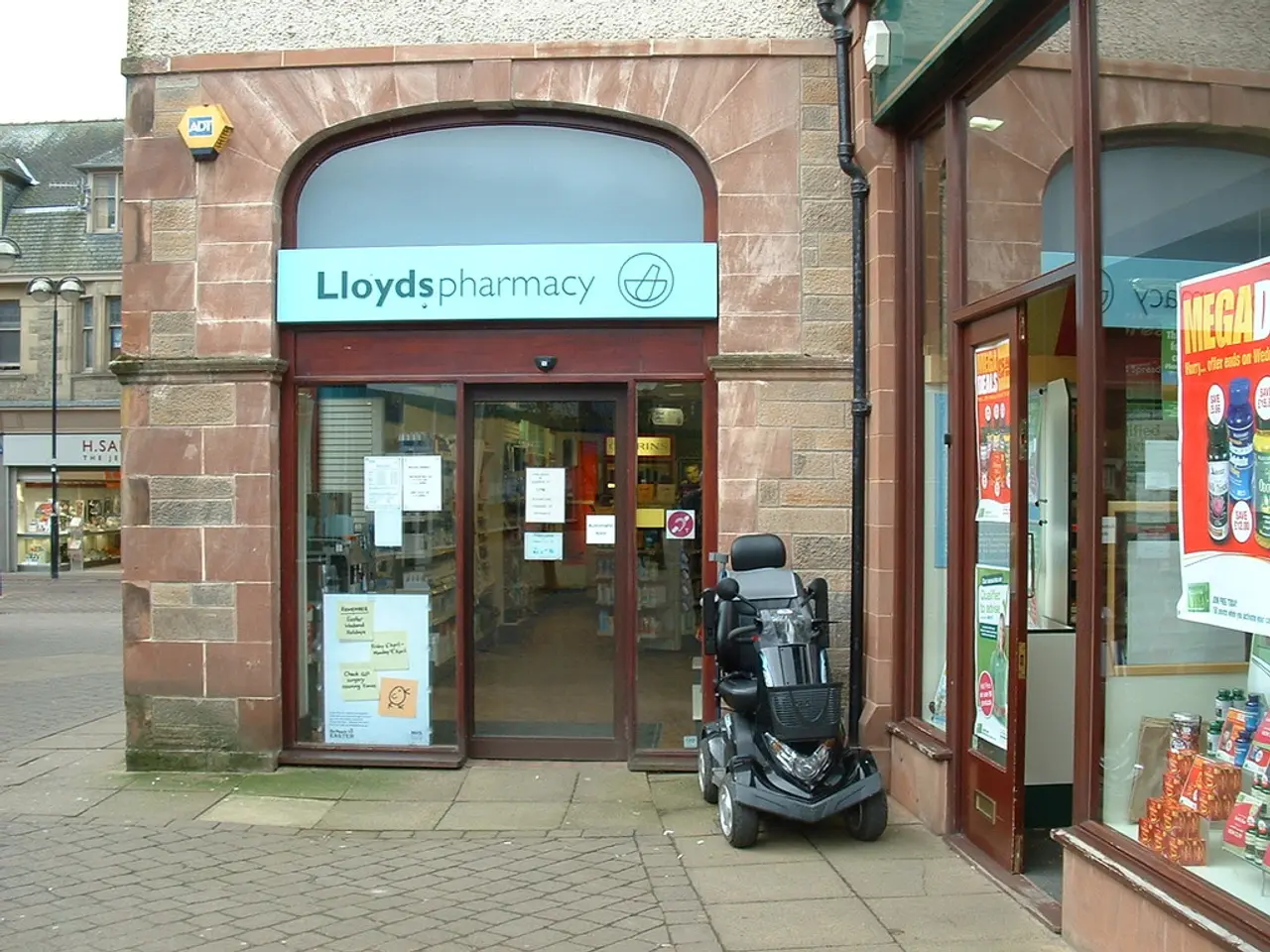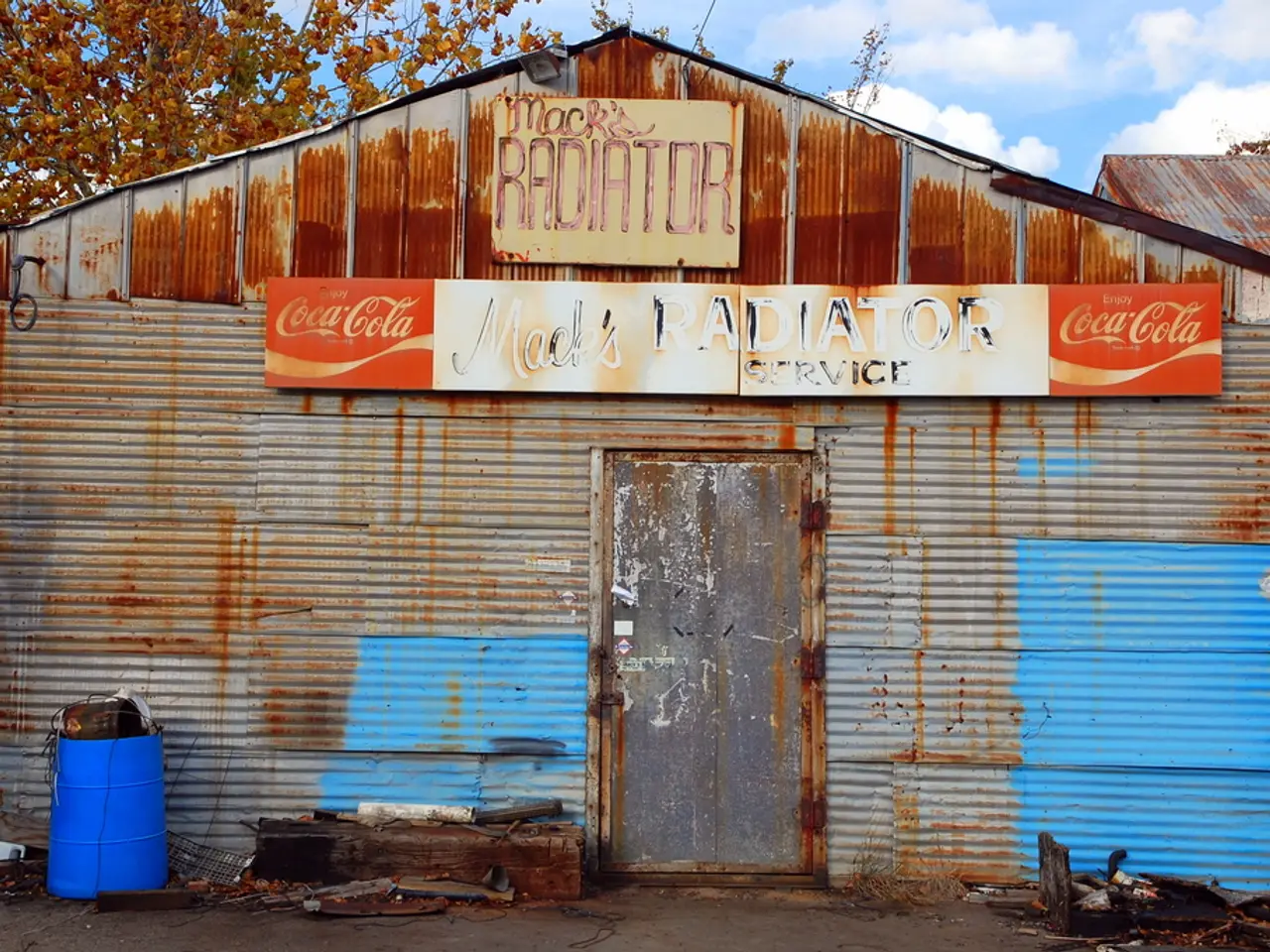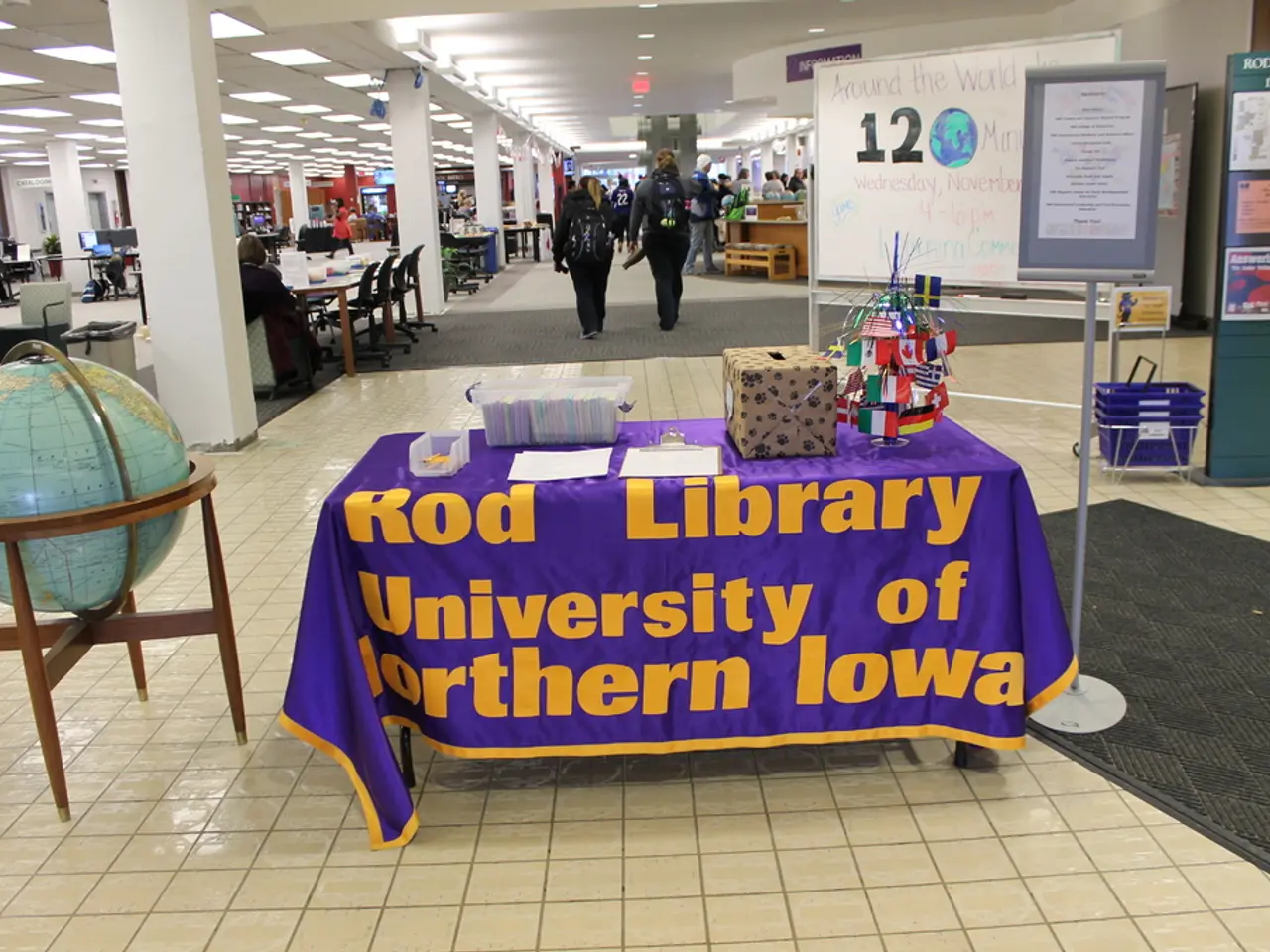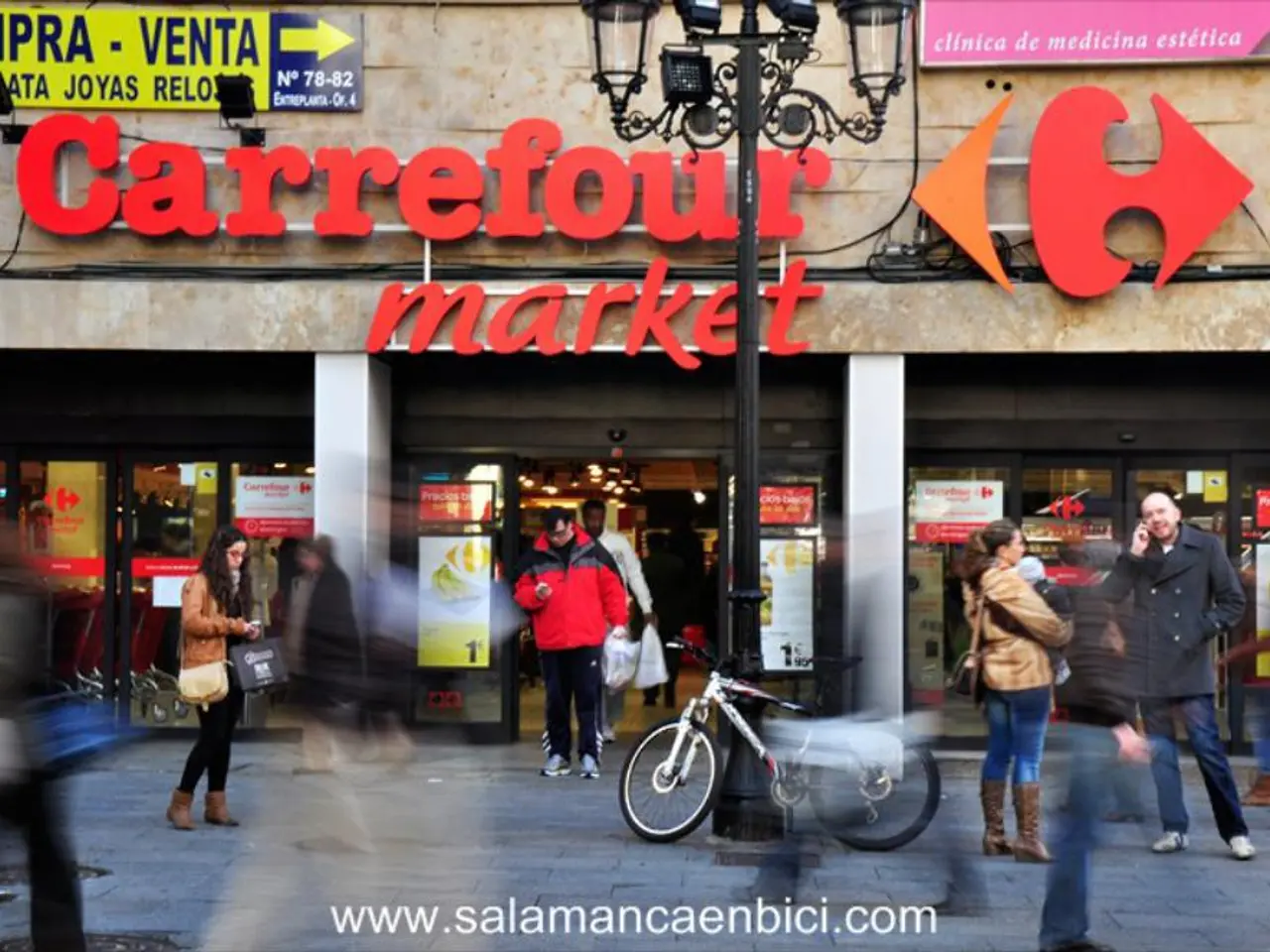Global issue: Counterfeit pharmaceuticals causing concerns worldwide
In the face of rising demand for popular weight loss medications like Wegovy and Zepbound, concerns have been raised about the ability of regulators to keep pace with the speed of counterfeiters. Experts and industry groups are calling for increased engagement from healthcare providers to combat this issue.
The World Health Organization (WHO) issued a global warning in 2024 about batches of fake Ozempic flooding the black market, and estimates that one in 10 pharmaceuticals are fake, posing a significant risk to public health. In some cases, these counterfeit medications may have no effect, while in other cases, they may lead to adverse reactions or create new health problems.
The high demand for Wegovy and Zepbound, which contain active compounds like semaglutide or tirzepatide, originally designed to treat type 2 diabetes, but were found to have a side effect causing substantial, sustained weight loss, has resulted in a shortage. This shortage has unfortunately created an opportunity for counterfeiters to exploit the situation.
In an effort to combat this issue, the US Food and Drug Administration (FDA) operates a campaign called BeSafeRx to guide consumers in identifying genuine pharmaceuticals. The FDA also monitors and investigates counterfeit versions, warns against unapproved or falsely labeled products, and advises purchasing only from state-licensed pharmacies. However, unregulated online pharmacies continue to sell substandard products, despite the FDA's efforts.
In Europe, safety features such as standardized labeling on medicines are mandatory, and patients are urged to buy only from online retailers registered with national authorities. Europol coordinates law enforcement actions across EU member states and with other countries like the US and Colombia to pursue counterfeit pharmaceutical trafficking, having charged over 1,200 people in recent operations.
Globally, measures to combat counterfeit weight loss medications focus on stronger regulatory enforcement, enhanced monitoring of illegal online sales, international law enforcement cooperation, and increased public and healthcare provider awareness. In the US, over 80 lawmakers have urged the FDA to intensify actions against counterfeit GLP-1 drugs, recommending stricter enforcement on import controls, issuing warning letters, and monitoring online retailers and compounding pharmacies selling these products illegally.
To ensure genuine product purchases, consumers should buy medications only from licensed pharmacies, either in-person or verified online outlets. They should avoid drugs labeled “for research purposes” or “not for human consumption,” which may be counterfeit or of unknown quality. Consumers should also consult healthcare providers about trustworthy sources, be wary of unusually low prices or sellers without proper credentials, and report suspicious products to regulatory authorities.
Dr. Saifuddin Ahmed, a public health practitioner and epidemiologist at Johns Hopkins University, emphasizes the importance of building trust between consumers, medical practitioners, and regulators to avoid risks of counterfeit and unregulated drug purchases. Ahmed's work with the Johns Hopkins University's BESAFE initiative investigates risks and interventions to prevent the uptake of substandard and counterfeit medication.
Surveys by the BESAFE initiative have found low awareness of where to safely buy prescriptions and report fakes or adverse events in the US and South Africa. Efforts like the Johns Hopkins BESAFE initiative focus on improving awareness of safe purchasing and reporting counterfeit drugs, aiming to build trust among consumers, practitioners, and regulators.
Collaboration between patients, healthcare providers, and regulators is critical to prevent counterfeit drug use. As the demand for popular weight loss medications continues to rise, it is essential that consumers take the necessary steps to ensure they are purchasing genuine products.
- The World Health Organization (WHO) has raised concerns about the prevalence of counterfeit Ozempic in Africa and other parts of the world, stating that one in 10 pharmaceuticals globally are fake.
- In Asia, science and technology advancements have contributed to the production of active compounds like semaglutide and tirzepatide found in popular weight loss medications, but these advancements also present opportunities for counterfeiters.
- The European Union is taking proactive steps to combat counterfeit medications, requiring standardized labeling on medicines and urging consumers to buy only from online retailers registered with national authorities.
- In America, the science and health-and-wellness sectors have been impacted by the high demand for weight loss medications like Wegovy and Zepbound, triggering a call for increased regulation and awareness among consumers and healthcare providers to combat counterfeit drugs.




